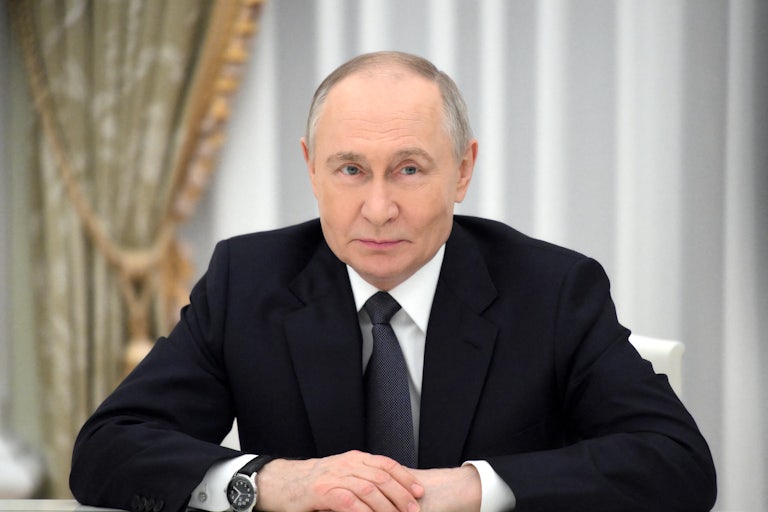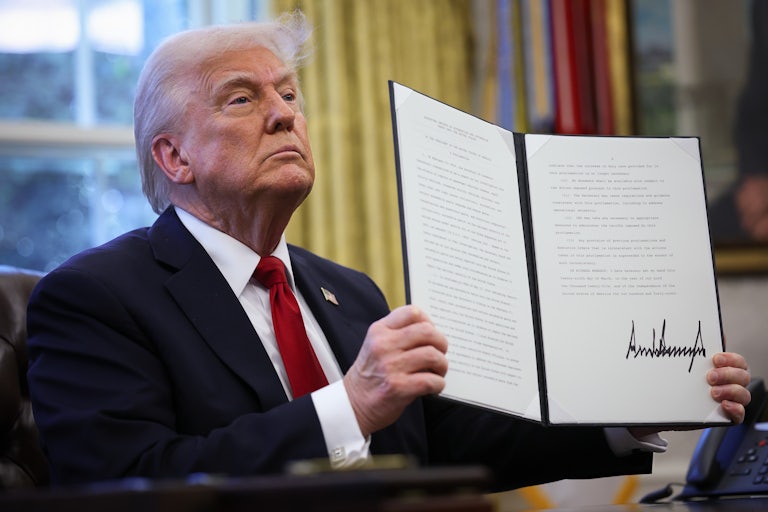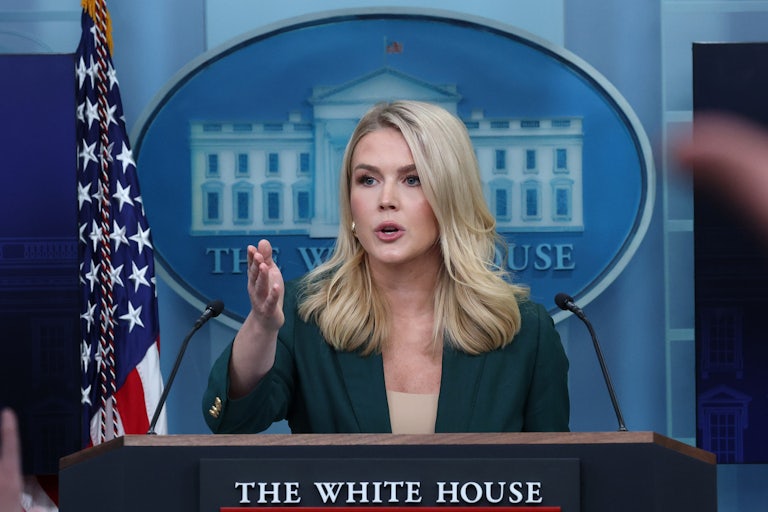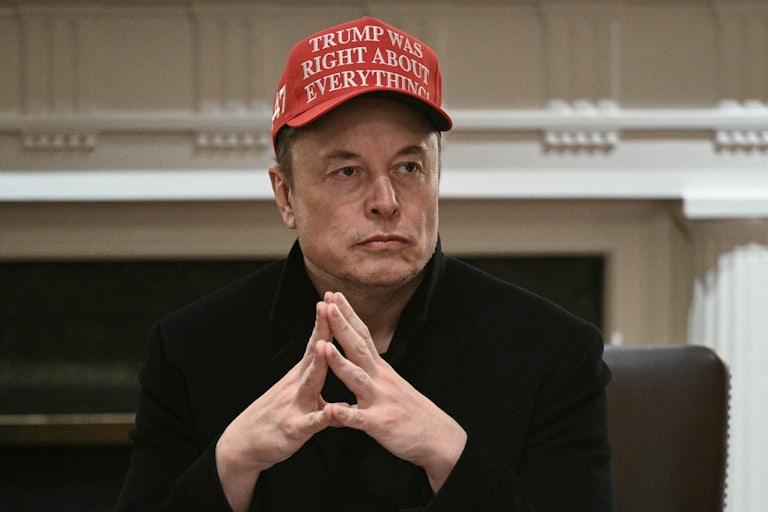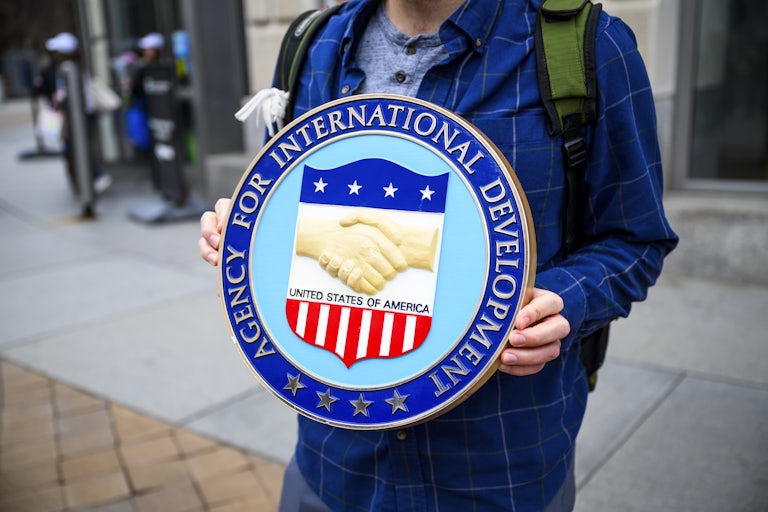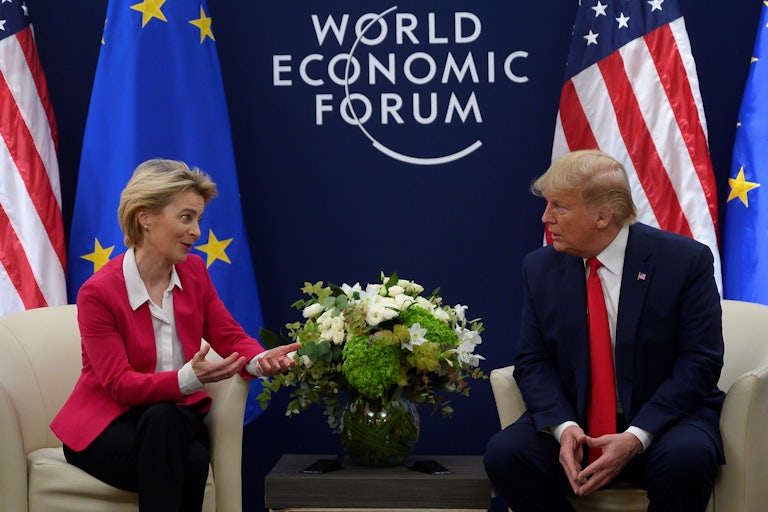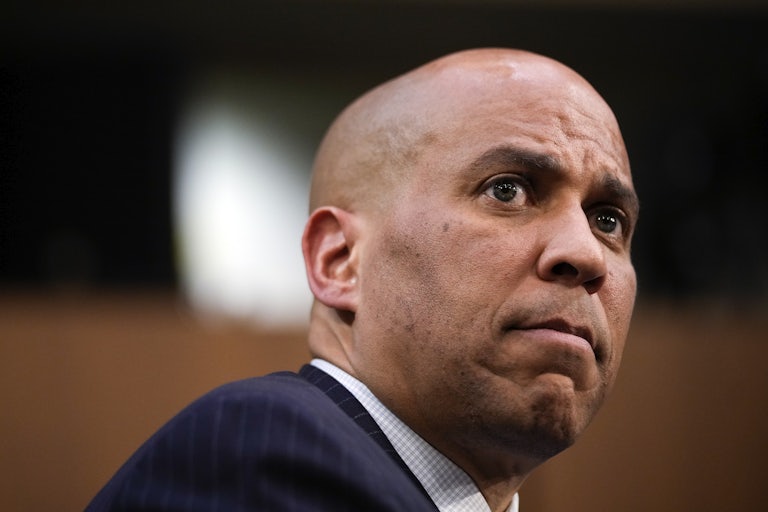Press Secretary Suddenly Knows Nothing About Trump Tariff Comments
Karoline Leavitt had yet another ridiculous defense for Donald Trump and his tariffs.
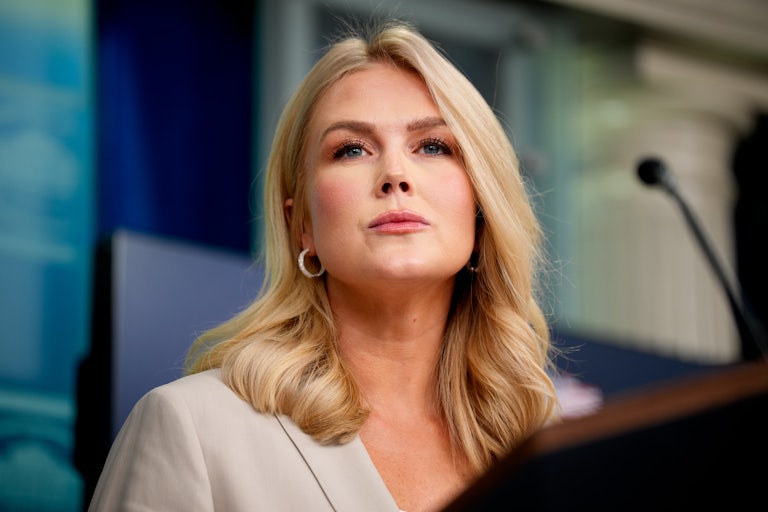
The White House’s lines of communication appear to be frayed or, at the very least, out of date.
Just last month, Donald Trump practically threatened executives of America’s auto industry over a phone call, insisting that the tariffs would be “great,” that their companies would benefit from his plan to resurrect stateside manufacturing, and that, ultimately, the White House would not look favorably if they chose to raise prices on their product, reported The Wall Street Journal.
But White House press secretary Karoline Leavitt insisted Tuesday that she was unaware whether the president had urged America’s largest automakers not to raise prices due to his tariffs.
While answering a question highlighting that Trump has previously and repeatedly promised that other countries would “eat the cost” of his tariffs, Leavitt said she wasn’t sure if the comment “was made or was not made.”
“A tariff will be a tax on these foreign nations, these foreign companies, and if they want to be absolved of that tariff then they can come here to the United States of America to do business, bring their jobs here,” Leavitt reiterated.
But former White House officials—and some of the world’s top economists—argue that Trump’s tariffs will only spell disaster for the average American.
“So he’s doing this thinking that it’s going to restore manufacturing, but it’s actually going to have the opposite effect, and market participants know this,” former White House communications director Anthony Scaramucci told MSNBC last month, pointing to the redirection of capital into European markets since Trump announced the tariffs.
At the time, Scaramucci warned that Trump’s tariffs were scaring CEOs across multiple industries, who he had heard were blowing up the president’s phone in an effort to reverse the clock on the president’s trade war.
Trump’s global tariff war is expected to affect just about every sector of life for the average American.
Products that will see prices rise include groceries such as avocados, maple syrup, ground beef, cherry tomatoes, sugar, bananas, nuts, cooking oil, squash, cucumbers, strawberries, and pineapples. Trump’s tariff-related executive orders have also had immediate ramifications for countless other business sectors, raising the price on everything from liquor to gas.
Children’s toys, shoes, beer and alcohol, and crude oil were all hit in Trump’s 25 percent tariff hike on Canada and Mexico, alongside an additional 10 percent tariff on China. Car manufacturers BMW, Audi, Nissan, and Mazda were also affected, as was American-owned Ford. And every industry that relies on lumber, aluminum, and steel—from artisan goods to construction—will see markups as the materials themselves become more costly.
The rising cost of screws, for instance, has already started to affect supply chains for American companies that make everything from “car parts to appliances and football helmets to lawn mowers,” reported The Wall Street Journal.
Trump has leaned into tariffs as a key component of affording an extension to his 2017 tax plan, which overwhelmingly benefits corporations and is projected to add as much as $15 trillion to the national deficit. But experts believe that a trade war would be to the overwhelming detriment of American consumers and allies abroad—and that the self-inflicted pain could only serve to benefit U.S. adversaries around the globe.
